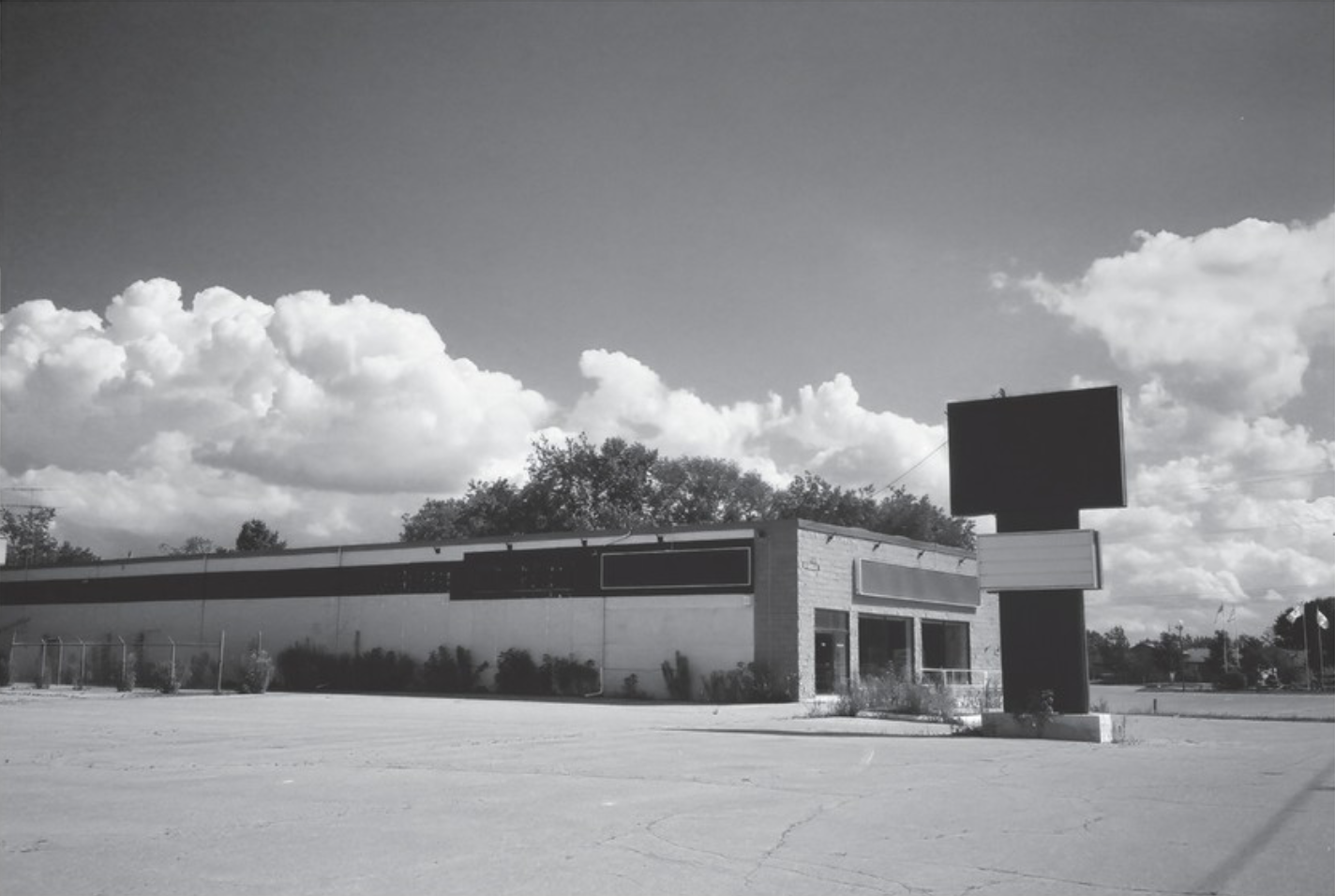I am mixing zaatar and olive oil in a small bowl. Zaatar is a particular blend of herbs and spices—thyme, sumac, marjoram, oregano, sesame seeds—and the trick to making a paste from it to spread on bread is getting just the right balance of oil to spice so that, when beaten with a spoon, it turns silken but not lumpy, smooth but not runny. It must not soak into or compromise the bread that carries it, but it must also not be chunky, pasty, or grainy. The mixture must be thinly spread to not overpower the tongue, which zaatar can easily do. I am preparing a snack for my son, who likes to pair his zaatar sandwich with cucumber slices. I prefer thick wedges of juicy tomato to finish off my zaatar. I also like it with green olives and mint, or simply a pickle.
I’ve been eating zaatar ever since I can remember. I would run to the kitchen and ask Mama for something to eat, and she would take a pita, peel it open along its spine to make two equal surfaces, fill one with a tablespoon’s worth of prepared zaatar paste she kept in a jar on the counter, spread the paste in thick lines across the bread, push it evenly with the back of the spoon, make a little fold at the bottom end so that none would drip out, and then roll it tightly like a cigar before handing it to me. The snack could be ready within a minute of asking for it. It was so simple even my dad used to make it for me sometimes.
I’ve eaten zaatar across four countries. I ate zaatar all throughout my time in Lebanon and Greece and Dubai, and it was even easy to find during my family’s first two years in Canada, when we lived in Montreal and would spend our Saturdays driving up the Décarie Expressway in our used Chrysler LeBaron to go to Ville Saint-Laurent, where we could buy bags of it at Lebanese grocers in the strip malls after visiting with my uncle’s family. But when we moved to Richmond Hill, north of Toronto, at the beginning of the nineties, there was no zaatar or even good pita to be found anywhere on the local market shelves or in the food courts. There just weren’t that many other Arabs around.
In any case, by then I wanted nothing more to do with zaatar sandwiches. I was fourteen, and I’d figured out that I could get by much better in the world with a cheeseburger or a bag of chips. Food that everyone else ate and that raised no one’s eyebrows. I picked up my first job at a New York Fries in Promenade Mall, learned how to cut potatoes into a bucket, how to skim deep fryers and get the most mileage out of cooking oil, and at what temperature to finish off a fry for peak colour and crispiness. I forgot all about zaatar. After shifts, I would show up at dark neighbourhood parks with bags of leftover fries for my friends, and we would smoke hash and eat cold fries in the night breeze, and we’d drink warm Pepsi out of plastic two-litre bottles. None of them ever knew about my past affinity for zaatar, and beyond knowing I was Lebanese, they would never know where I had come from or how I got here. I never told them, and they never cared to find out. It was the underlying contract to our friendships. Where we’d been and what made us no longer counted; we were teens now, new people, and we’d wipe the slate clean together and become a new family.

I fell in with a gang of guys who didn’t really fit in anywhere else. We had music fanaticism in common, and we started a new religion. We were saved. We were reborn as a functioning unit. We had the band T-shirts to prove it. We took the GO bus and then the TTC down to the city, where we’d go to all-ages concerts and chase the bands we liked from interview to interview. We bought the U.K. singles that trickled into the indie record shops on Yonge and Queen Streets. We looked in through the darkened windows of MuchMusic to see if we could spot the on-air VJ and then ran away, laughing down the street. We drove around empty country roads stoned out of our minds, spent days at parties thrown by people whose parents weren’t around.
Zaatar meant fuck all then. I would never acknowledge a fattouche in public. I would look away if any other Arab kid gazed plaintively into my eyes, awaiting the acknowledgement of our shared backgrounds in a world where most other ethnicities didn’t think too highly of us. I was tired of being held down by every hijacking and terrorist attack that made the nightly news.
When I was an undergraduate at York University and would spend long days at a campus in the middle of nowhere waiting around between classes, zaatar began to creep into my life again. Zaatar was a little hipper with the academic crowd, and manakish, doughy zaatar pizzas, were quite possibly the cheapest way to stay fed over a twelve-hour day. Zaatar may have been the only Lebanese feature playing an active role in my life when a writing professor indicated that I might have better luck learning how to write well if I tried to tackle the truth of what happened instead of looking away. Being someone else wasn’t going to help me be a writer, and so I began to let parts of my teenage angst go. I suppose I should thank zaatar for keeping that connection, however tenuous, alive for me while I tried to be someone else.
One week after moving back to Montreal for a graduate degree, two planes flew into the World Trade Center. I remember sitting alone at a table in Al-Taib, a Lebanese fast-food restaurant on Guy Street that was on my way to Concordia’s Sir George Williams campus, and staring at the twenty-four-hour news channel on the overhanging TVs replaying the images of the planes crashing, the buildings falling, the people running away, the trapped tumbling from windows, New York covered in dust. Al-Taib made the best manakish, the kind that mothers never make for their children because they’re not really good for you. I was living on my own for the first time, and I didn’t yet know how to cook, so Al-Taib became my kitchen.
The real weight of what it meant to be Arab came crashing down on me at the same moment those towers fell. The World Trade Center problem quickly became the Arab problem, in the news and on the city’s streets. There’s no way to deny who you are when your appearance stirs up animosity or skepticism in the eyes of strangers. When people ventured to talk to me about the attack, I realized viscerally, for the first time, what it feels like to know a different historical narrative than others. After hours of graduate seminars sitting around a wooden table listening to other students confidently express outlooks that seemed foreign to the world as I knew it, I arrived at Al-Taib for a late dinner almost with relief: here I could sit by myself and enjoy my all-dressed zaatar sandwich with a side of tabbouleh, surrounded by other Arabs who were also feeling the burden of this world that was suddenly vigilant instead of merely ignorant. Over those meals, I began to wonder if this was how my parents had felt when they first left Lebanon and entered a world that conflated them with the war they’d left behind. Before, I’d never thought about my parents as much more than people to get away from.
I keep a bag of zaatar in my pantry now because, when my parents first started visiting me in Montreal a few years later, they left one behind as a peace offering. My mom would stock my fridge, and I would accompany my parents for the afternoon to Laval to visit my uncle’s family, whom I never saw on my own, and on the way back, we would stop off at the Adonis and my dad would pick up two bags of zaatar, one for their kitchen back in Richmond Hill and one for me because you never know when you’ll have nothing to eat but zaatar, a bit of olive oil, and some bread.
My mother introduced my son to zaatar when he was old enough to chew. He sat in his high chair, tray in front of him, and she tore up little pieces of man’ousheh and placed them like a constellation for him to eat. He would giggle, his eyes following the tips of her fingers as she’d pick up a morsel and bring it, like a bird, to his saliva-covered lips. After that, my wife uncovered the bag of zaatar in the back of our pantry—zaatar takes forever to go bad—and began using it in different recipes: in a salad dressing, as a spice rub, in a yogurt sauce, as a finishing touch for grilled meat. To her, it was versatile, a natural addition to our regular grocery list.
I’m proud to say, today, that Lebanese cooking is my favourite cuisine of them all, and that’s thanks to zaatar holding on like a hardy weed when everything else about my past was buried deep in the back garden of my memory. These days, the zaatar jar is never too far from the counter; there’s an even bigger jar of tahini that I use to make the tarratour and hummus living in my fridge; there’s the cauliflower with which I make arnabeet, and the eggplants, zucchinis, and peppers I grill to serve with rice. On weekends, I soak and then boil chickpeas and different beans to blend into dips flavoured with cumin, lemon juice, salt, and garlic powder. Every time I make my son a zaatar sandwich, I think I should keep a little of the mixture in a bowl to the side for him to learn to make his own, as my mother had once done, but just as quickly as the thought arrives, I fold a trench of pita between my fingers and use it to scoop whatever is left into my mouth.
